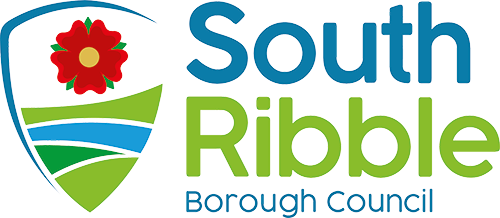Biodiversity Strategy
Introduction
The purpose of this Strategy is to deliver an overview of where we are at with regards to conservation in South Ribble and highlight ways to promote, conserve and enhance biodiversity across the Borough.
Whilst we as an authority only have direct control over our own assets, we recognise the importance of a collective approach to delivering on Biodiversity across our Borough. The Action Plan that will be developed to sit alongside the Strategy will identify ways of developing and enhancing partnership working to benefit wildlife.
As part of the Environment Act 2021 (section 103), all local authorities are required to produce a Biodiversity Strategy and report upon an Action Plan. This in turn will feed into the new Local Nature Recovery Strategies (Environment Act s104 and 105) that are being set up across England by central government and will be coordinated locally by Lancashire County Council.
What is Biodiversity?
Biodiversity is the term that describes the biological variety of our planet. It includes all plants and animals and the ecosystems that supports them and us - the food we eat, the water we drink and the air that we breathe. It happens all around us on a daily basis, often without us even noticing or valuing it.
At a local level biodiversity shapes the landscape of our area, our local distinctiveness and our economic prosperity. It contributes to good mental health and a sense of wellbeing. It has a role to play in our response to climate change, flood management, air, water and land quality.
Across the world biodiversity is under threat. The lives we currently lead compromises our biodiversity. Habitats are being lost or fragmented, isolating plant and animal communities into ever smaller areas. Pollution from intensive farming practices and industry result in higher levels of nitrogen's and phosphates in our soils, air and water systems. Poor air quality globally leads to increased rates of nitrogen being deposited on our soils. Invasive non-native species are out competing the native flora and fauna, altering habitats, food chains and ecosystems. Climate change is affecting weather patterns and sea levels across the world, resulting in global affects that will be felt locally.
In the UK we have tamed our wild. The good news is that we can make a large difference in a generation and restore our natural ecosystems and reverse the effects of climate change.
The global response starts locally, and we all have a part to play, starting now.




